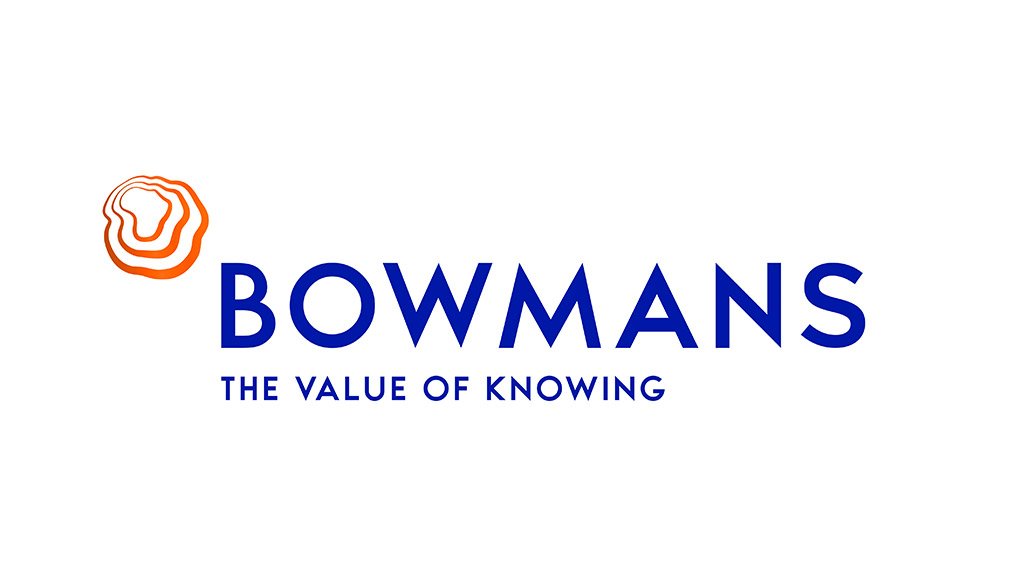Since the Constitutional Court declared the private use of cannabis legal in the matter of Minister of Justice and Constitutional Development and Others v Prince & Others [2018] ZACC 30, employers have been required to consider how best to deal with the effects of personal cannabis use in the workplace.
The use of cannabis by employees at home does not necessarily mean employees are entitled to attend the workplace under the influence or to render services with their ability impaired.
The implications of the personal use of cannabis and its impact on the workplace was recently considered by the Commission for Conciliation, Mediation and Arbitration in the case of Mthembu & Others v NCT Durban Wood Chips [2019] 4 BALR 369.
In this case the employer, a company in the wood and chip industry, dismissed several employees for being under the influence of an intoxicating substance after testing positive for cannabis during working hours.
In terms of the employer’s substance abuse policy, the employer had a zero-tolerance approach to the use of intoxicating substances by employees due to the dangerous nature of the industry in which it operated. The employees challenged the fairness of their dismissals on the basis that they had consumed the cannabis at home in their private time and not during working hours.
While noting that the Constitutional Court had recently declared the private use of cannabis legal, the Commissioner held that, akin to alcohol, an employer is entitled to discipline employees who use cannabis or are under its influence during working hours, where there is an inclination that the consumption of cannabis could impair the employee’s ability to work to the standard and care reasonably required by an employer.
The rationale behind the employer’s zero-tolerance approach to substance abuse was consistent with the high degree of danger posed at the workplace in which heavy machinery and dangerous equipment was continually being operated. In the circumstances, the Commissioner held that it would be reasonable for the employer to expect its employees not to be under the influence of cannabis when reporting for duty because of the inherently dangerous working environment. The employees’ dismissals were thus found to be fair.
Not a one-size-fits-all ruling
While the CCMA’s ruling may provide guidance to employers, the decision to dismiss the employees in the present matter was closely aligned to safety considerations associated with individuals working in a dangerous environment, under the influence of intoxicating substances. What about employees who perform desk jobs under the influence of cannabis? Would a zero-tolerance approach to these employees be reasonable in such circumstances? Would these employees pose a threat to the safety of other employees in the workplace?
The debate on how best to deal with the impact of personal cannabis use in the workplace is thus likely to continue.
For the time being, employers should be mindful of the following issues:
- One of the difficulties that employers will face when employees use cannabis in their private time is that they will need to show that the employee’s ability to work was impaired or that the employee was under the influence of cannabis while at work. As with alcohol abuse, an employer may discipline an employee who is under the influence of cannabis in circumstances where the employee is unable to perform her or his duties or poses a risk to other employees in the workplace. However, it is possible that an employee may test positive for cannabis even when not under the influence while at the workplace. So, for example, an employee who gets ‘high’ over the weekend may test positive for cannabis on Monday but this does not necessarily mean she or he is under the influence and unable to carry out her or his duties. Accordingly, a more nuanced approach may be required to deal with the use of cannabis than that of alcohol.
- A further challenge for employers may be the methods of detecting cannabis. There are a number of ways to test for cannabis, including urine and blood analysis. Unlike alcohol which leaves an individual’s bloodstream within a few hours after consumption, cannabis may remain present in an individual’s system for a number of days. This may mean that a zero-tolerance approach may be unconstitutional as it will result in an employee not being able to use cannabis at home in her or his private time. In addition, tests for cannabis do not demonstrate the degree of impairment of the employee’s ability to perform his or her duties.
- In developing any policy or workplace rules addressing the use of cannabis, employers will be required to take into account a wide range of factors. These include the nature of the employer’s business and operations; the employee’s duties and responsibilities; the manner of testing for cannabis in compliance with Section 7 of the Employment Equity Act, 1998; and appropriate action depending on the extent of the impairment to the employee’s ability. Employers will thus be required to take steps to monitor an employee’s behaviour to ascertain whether she or he is showing signs of being under the influence of cannabis on duty.
While the CCMA’s ruling gives guidance, it should not be used as a blanket justification for dismissing employees who test positive for cannabis. Employers should carefully consider how to regulate the use of cannabis in the workplace to best suit the nature of its business and operations and associated risks while respecting an employee’s constitutional right to use cannabis at home.
Written By Nadine Mather, senior associate and Amy Gerson, associate, Bowmans
EMAIL THIS ARTICLE SAVE THIS ARTICLE ARTICLE ENQUIRY
To subscribe email subscriptions@creamermedia.co.za or click here
To advertise email advertising@creamermedia.co.za or click here











